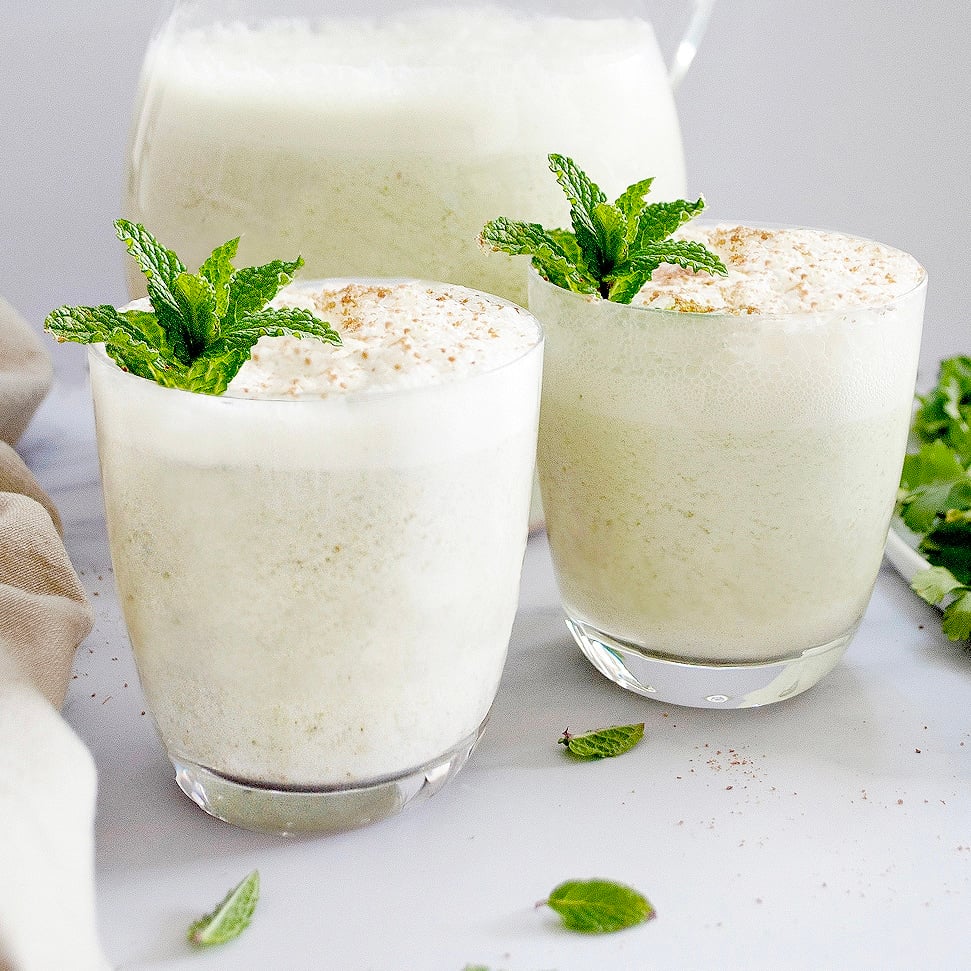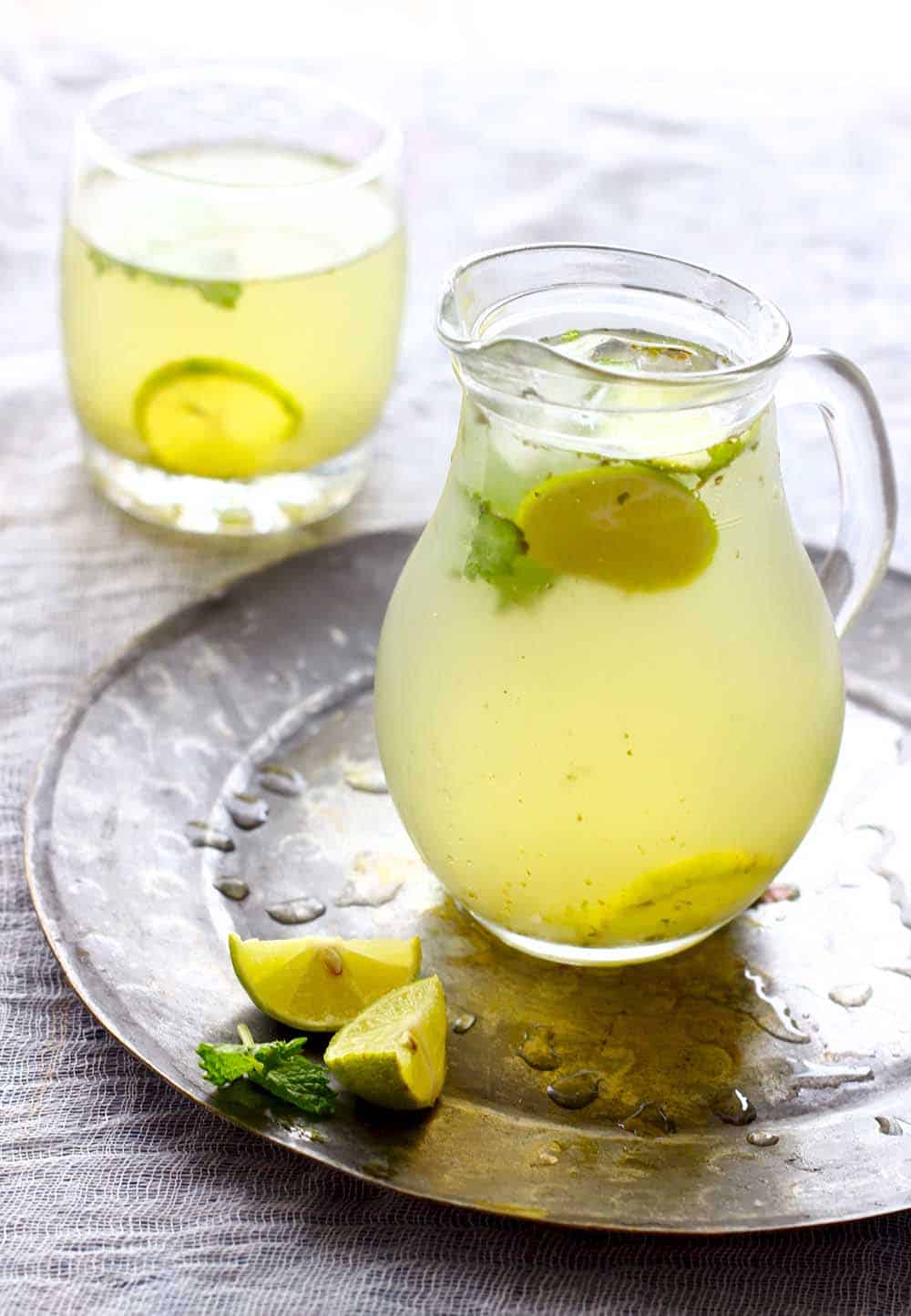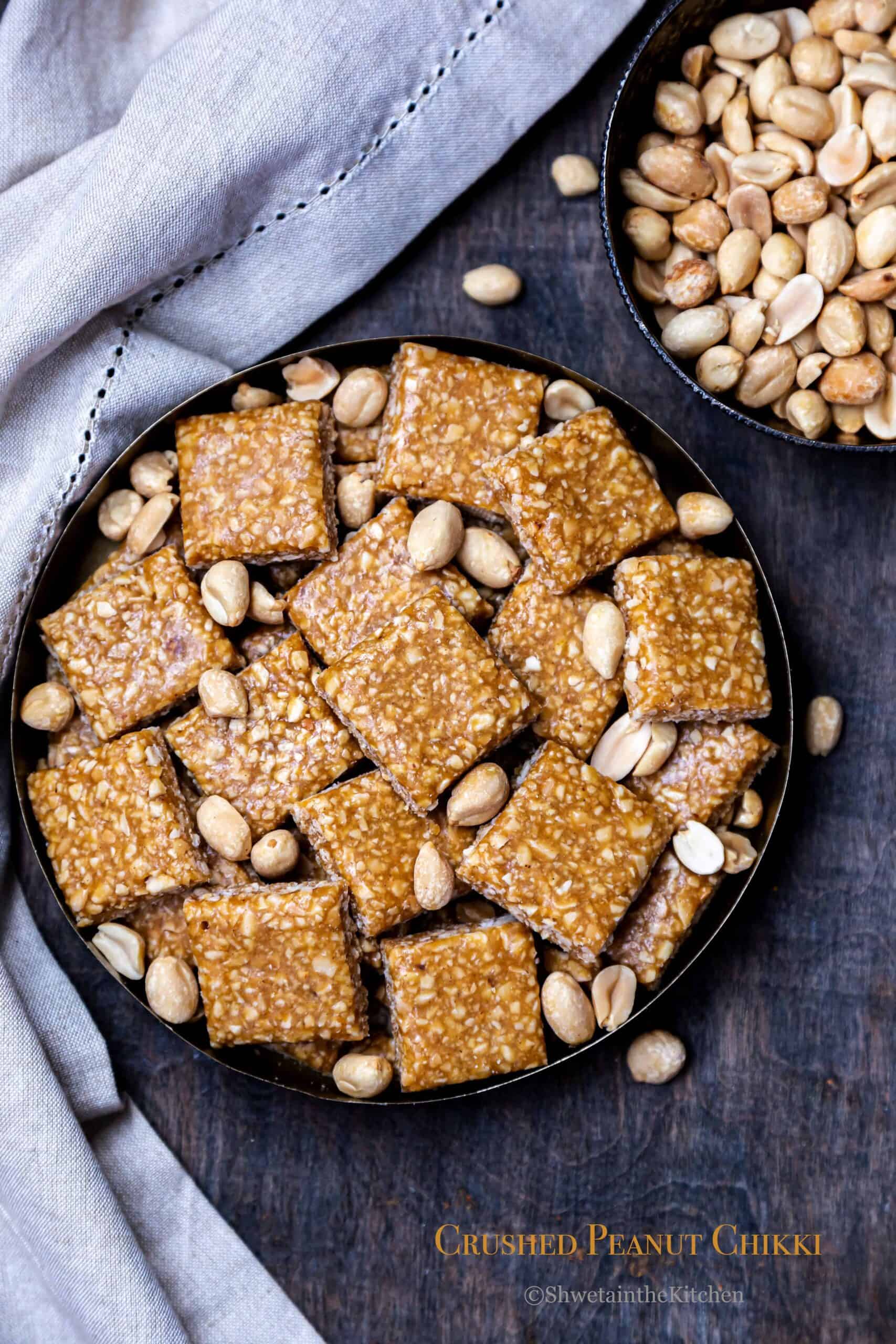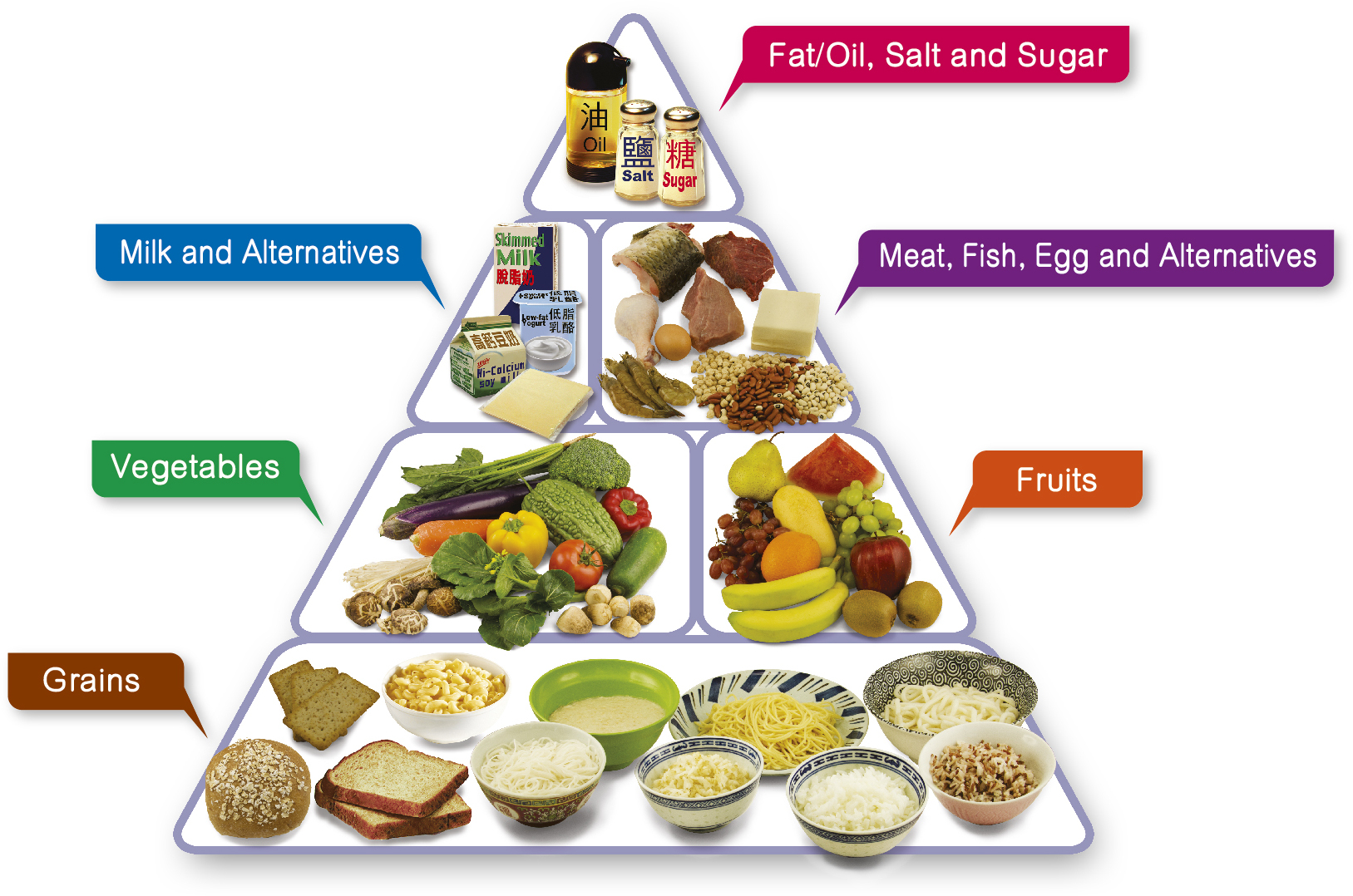Practical tips for adopting a healthier and more sustainable diet.
- Shop local for in-season produce to support your community. You can find in-season produce at your local grocery store or farmer’s market. Buying local can ensure you are getting fresh, in-season produce that requires less resources to ship long distances. Shopping local also allows you to develop relationships with local farmers.
- Try to grow your own produce! Being able to see and experience the process of growing produce can help you understand the factors that go into growing produce on a larger scale. Start small! Try to grow a herb you use frequently such as mint, curry leaves, etc or one produce plant such as tomatoes, chillies, etc.
- Avoid packed food like Cookies, chocolate, ready-to-cook food, etc.
- The Indian way of eating by hand will reduce the use of cutlery,
- use salt, lemon, sugar or oil to preserve food like pickles, papads, gulkand, etc.
- recycling and using leftover food for example Leftover rice is consumed with curd and onions the next day, leftover rotis can be converted into khakras,
- weather adaptation and weather-based foods for example winter often lead to mineral deficiency so in Indian culture they are fed different types of nutritious laddoos using dry coconut, edible gum, dates, almonds, and garden cress seeds.
- Don't use single-use plastic cutlery use banana leaves as a plate and can be thrown or buried into the soil it will decompose into the earth easily.
Delicious, healthy and sustainable recipes to handle any season.
To beat the heat of the sun here are some interesting and simple recipes.
1. Masala Butter Milk
In a mortar pestle crush ginger and coriander leaves and add to the churned curd add cumin powder, Black salt and chat masala (optional).
2. Nimbu Sherbet / lemonade
Mix sugar in water until it dissolves then add lime juice and a pinch of salt makes a good electrolyte drink.
3. finger millet drink/ragi powder drink
Dry roast the ragi and powder it add 2 spoons of ragi powder and add jaggery to a gloss of water
These are the superfoods to warm up your body during the winter.
1. High Protein bars
Chikki is made by adding roasted peanuts to caramelised jaggery.
Similarly, you can make it from sesame seeds, dry coconut, edible gum, dates, almonds and garden cress seeds.
hope you guys enjoyed this blog and had a very informative session on dietary foods and food sustainability.
Reflection: because of the huge technological advancements in science the food manufacturers who use technology and make food so that they can mass produce it and make it last longer unsustainably if we did not have this technology then we would have used older ways of using, producing and preserving the food sustainably.








